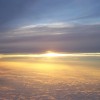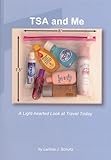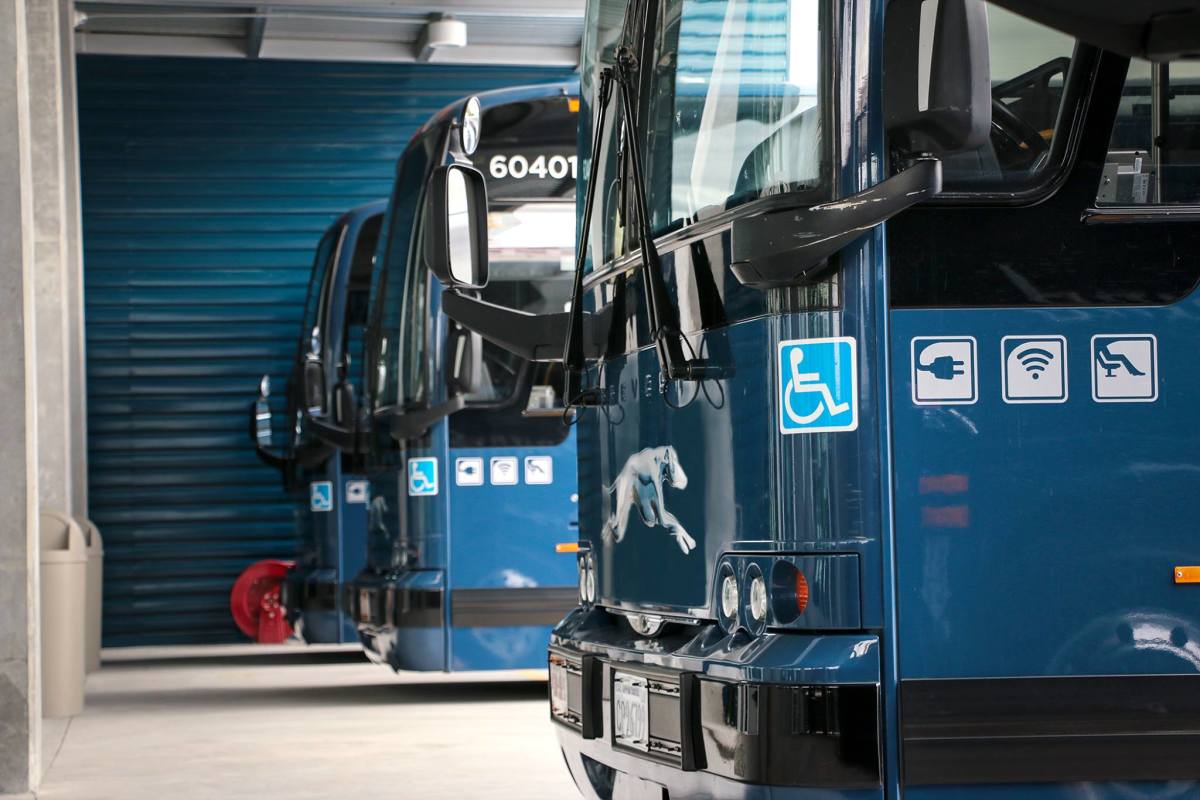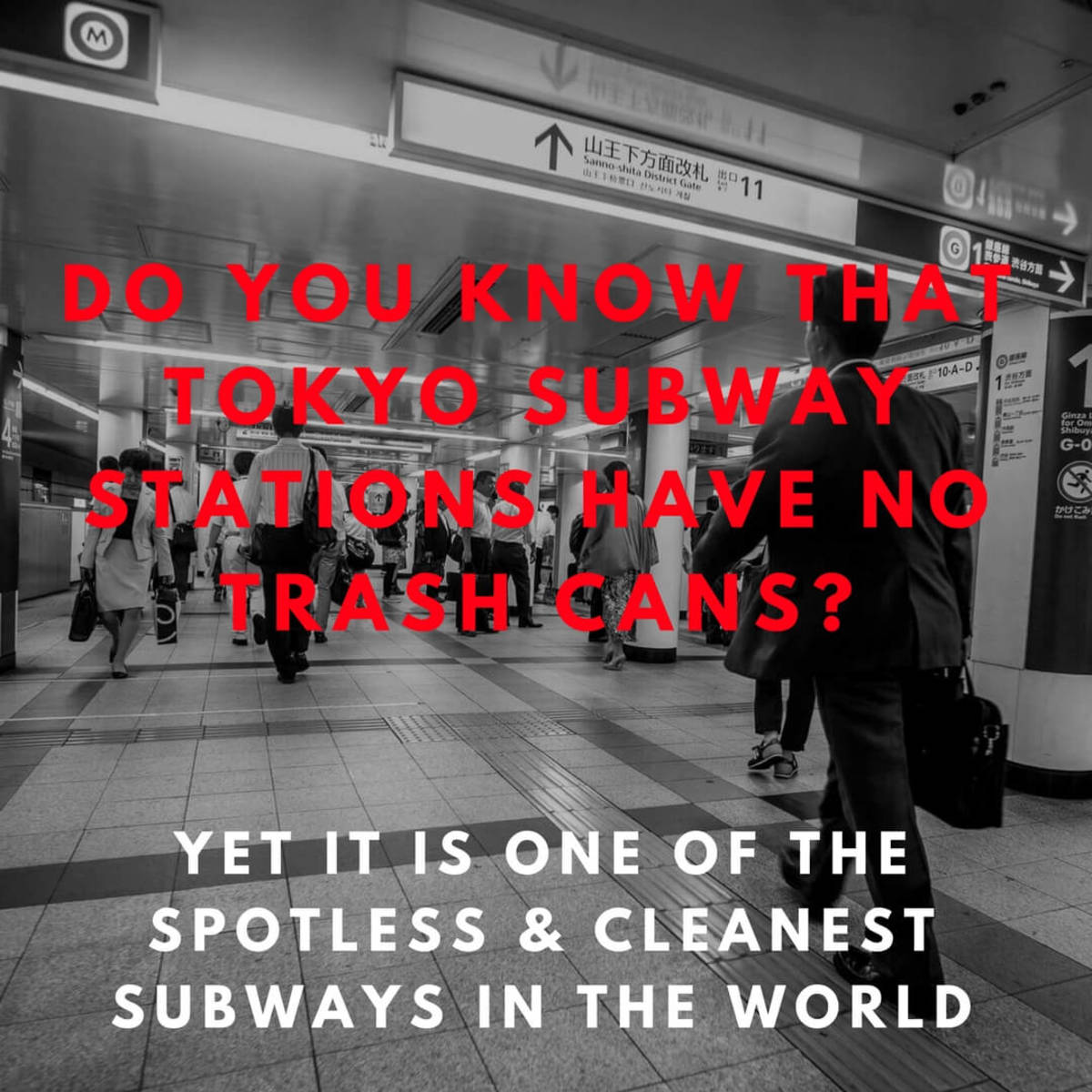Why do airlines have such stupid rules at the airport and on their airplanes?
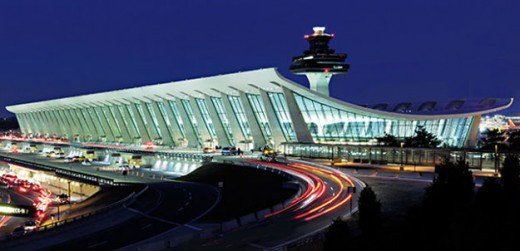
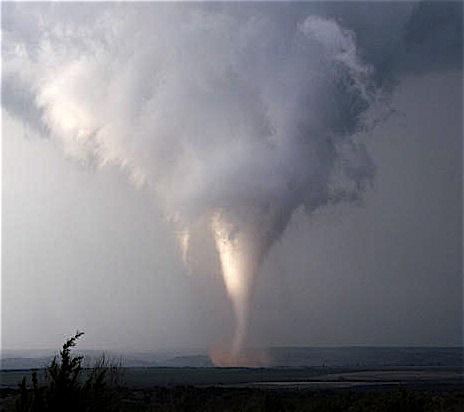
Who am I to answer this?
I'm glad I asked... because I happen to believe that I have good authority on the subject. I worked for a large and very fast growing regional airline for quite some time... and I'm well traveled.
I started on the front line, getting yelled at for creating severe thunderstorms with hail and tornadoes that caused flight delays and cancellations. I was called bad words and even had my mother's good name insulted because I didn't give someone a wake-up call in time for them to make their flight on time. I may have been wrong, but it didn't seem fair to delay the other 49 people that had meetings and tight connections. There's a TSA regulation behind that too. but we'll talk about it later.
I actually think alot of passenger anger stems from the fact that they do not know the incantations that airline ticket agents do to summon bad weather. Check out that tornado that I conjured up once.
During a period of heavy growth, I worked in a new market logistics position; getting different cities situated for incoming service. Trust me when I tell you that there is much more to getting a plane from A to B than a pilot and punching bag. I mean ticket agent. With that job came extensive travel. So... I've been delayed, canceled, stranded, missed meetings, lost luggage and slept in airports just wanting a hot shower and a bed.
And finally, I worked in corporate training. Simply put, we taught new hires things like ~ how to deal with getting yelled at, how to avoid hitting planes on the ramp, and most importantly what government regulatory agencies say that you can and can't do. There's also the things that they dictate what airlines must do. Failure to follow their rules can result in severe fiscal sanctions against a carrier which can also result in someone losing their job or going to jail. And yes it has happened. There was also a specialised course in weather control.
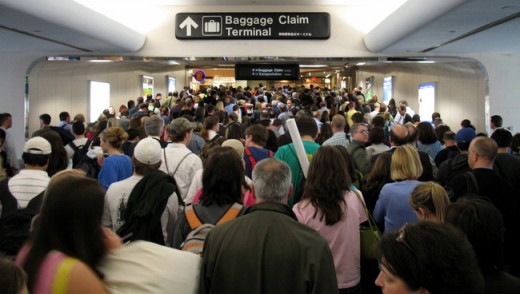
What did I get out of all that?
Besides the enhanced vocabulary... I've been in airport hell, more than once, as a passenger and as an agent. I've had a lot of experience in operations in numerous airports, from big to small and I've dealt extensively the government do's and dont's. So...
On with the stupid rules!
Why is the flight attendant making me keep my window shade up?
The fast answer is because they are required to do so. But seriously, if you pay attention, you'll notice this is during taxi out, take-off, landing and taxi in which are the more critical times in a trip. History has shown, that fire is a major contributor to fatal injuries in an accident. There have been times where people survived the impact but were killed by fire. If there is an accident, every second matters and you give yourself every opportunity to escape danger when possible and with the given circumstances. If there was fire on your side of the plane, then you can identify it and try for another way out. You don't want to jump from the frying pan and into the fire.
It's amazing how many people have an attitude about it and either argue or slip it back down when the flight attendant walks away. Remember, their main priority is safety not serving snacks and looking pretty... well not always.
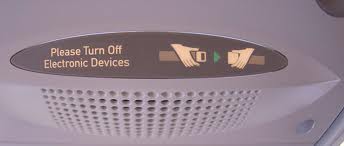
Why do I have to stay seated until the seat belt sign is off?
It's done to make people miserable! Actually, I would have thought this was a little more self explanatory, but my experiences have proven this wrong. Here are 2 stories and an explanation.
I flew into an airport at a sunny place once. The aircraft was a strange French turboprop called an ATR-72. This aircraft is long and tail heavy on the ground, requiring the use of a tail stand. It also boards at the rear. These planes can, and have, tilted back setting the tail on the ground. A 300 pound weight shift will do it too. This can hurt someone on the ground, especially if they are inserting the tail stand... and it can topple people and things inside of the cabin. So the way this is supposed to play out, when we are obedient children: Plane parks. The ground crew maneuvers into position with equipment, while keeping clear of the head removing spinning props. Crew member installs the tail stand and signals the Captain. The Captain the knows it's safe to exstiguish the seat belt sign and everyone can move safely.
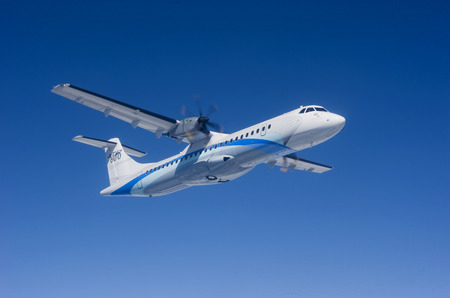
So back to this flight, which was only about 30 minutes in duration... The plane parks. The flight attendants gave instructions to remain seated because of the tail stand requirement blah blah blah. About 5 passengers jump up before the plane stops. The flight attendants ask for them to remain seated. They were both hunnies so I would have done what they would've asked. There's this guy, with a mullet, who we will call "meathead." He was too cool to sit back down so he just stood there, smacking gum, despite the repeated requests of the hunnies, I mean flight attendants. He had on really cool blade shades, that he probably wears in Wal-Mart at night, and an 80's Hulk Hogan style tank top. He had huge muscles. I won't say what came to mind but it rhymes with steroids. Fortunately he didn't walk to the back because he was big enough to tilt the plane back. He really couldn't because a flight attendant was there trying to get him to take his seat.

He really showed everyone how cool he was though, by taking a stand against a very serious safety rule. In fact, there's something called intefering with a flight a crew, so Meathead got to talk to a couple of badges before he could get into his Hummer and leave the airport. I don't what his problem was. Maybe he has a small umm bladder, or diarreah and really had to go. A minute is a long time to wait when you've gotta go, gotta go right now.
The more common reason for staying seated is that only the Captain knows when the plane is done moving. Passengers cannot see what they see. They may have to suddenly stop short for ground traffic, or stop and restart quickly. Either way, a person standing can get toppled or an overstuffed bad can fall on someone because a meathead has an overhead bin open. Makes sense to me...
It seems invariable that there will always be the few that have to jump up first and start opening overhead bins. It's usually the same ones that talk real loud on their cell phones so that everyone will know that they are more important than everyone else on the plane. Maybe these types can get regulation passed to where the plane just stops when they stand up so they can proceed to the boarding door and deplane.
The video shows the white elephant Airbus A-380 hitting a Comair CRJ-700. The CRJ looks tiny compared to the big bus but that's still around 60,000 pounds getting slapped around. With the position of the CRj and it's red strobes on, it was very likely the passengers would have been seated. Had people been standing and or overheads open, there would have been injuries.
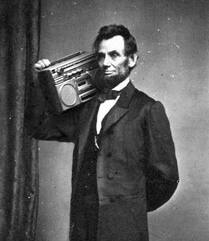
Why must I turn off my portable electronic device?
Someone probably just made this rule up to prevent an important big mouth from saving the corporation they head from a complete financial meltdown. What did they do before cell phones?
Modern airliners are are pretty sophisticated. Even more sophisticated is the variety of navigation and communication equipment on a plane that is needed for it to complete a flight operation. Yes, your electronic devices have, can and will cause a problem. One such case was where 2 laptops were linked via a wireless connection. Things got interesting on the flight deck. You will find that the no electronics rule is when the flight is below 10,000 feet. That's because the flight crew is busy getting the plane out of, or into the traffic pattern. It's also when they are the busiest flying the plane and talking to Air Traffic Control. The world's busiest airspace is New York with the combined traffic of LaGuardia, JFK and Newark. Even if I were that important, I wouldn't want to even remotely risk causing a glitch while the flight crew is trying to safely navigate the plane into heavy traffic.
There's still the special few, though, that will hide their phone until the flight attendant walks by; only to resume use since they are too important for safety rules to apply to them. Then there's always a couple that make that crucial phone call only after the boarding door has been closed and the crew have requested for electronics to be turned off. I'm beginning to believe that there's a certain catastrophe that happens at someone's office every time an aircraft boarding door closes.
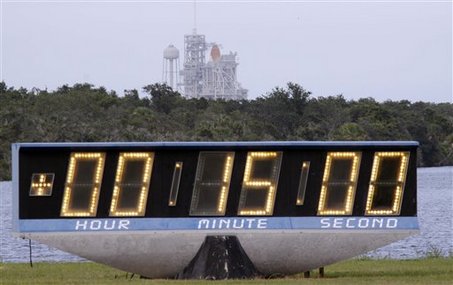
Why is there a cut off time for check-in?
Call me Captain Obvious... but here goes. Why should a group of passengers be delayed because I forgot to call someone to tell them what time to come to the airport.
When the TSA formed after 9/11, it changed the way that passenger and baggage screening was done. For better, and sometimes worse, they rolled out a lot of new regulations for the airlines. It seemed like something new every day... It goes without saying that it was pretty chaotic while everyone tried to get back to normal business.
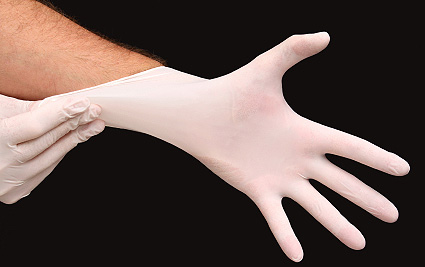
A TSA policy was put into place that airlines were not to check baggage within 30 minutes of scheduled departure time. In fact, airline computer systems are programmed as to not even allow a bag tag to be printed once cut off time hits. Reason being that the TSA needs sufficient time to complete screening in time for the airline(s) to load up and depart on time.
It's not an airline rule and it's not the the agent's way of keeping someone there so they can get yelled at. Believe me, agents want you gone and on time. Yes there are ways to "override" this but it is wrong. There were initially very strong warnings not to do it and an agent was potentially risking their job by doing the favor. A problem was that small airports would do a favor which gave stragglers an assumed permission to be late at a larger airport and it wasn't gonna happen.
Another thing to consider, even on a good day it is important that a flight leaves on time, not early either. Busy hubs generally have limited gate space and slot times for gates are limited. ATL is probably the best example and even more so with the regionals, since their turns are more frequent. A plane arriving just a little early or late will often result with a plane sitting on the ramp or even a taxiway, wasting fuel, white waiting for a gate. Many times, it will cause gate changes which just makes it hard on everyone.
If being on time is unreasonable, then people should write to whomever and ask for legislation requiring all airlines to operate on the last passenger's schedule. I'm just sayin...
Why is my golf club broken?
It could be because the guys in Miami are on camera playing luggage basketball again.
In my experience, it's usually because someone decided the send their clubs in a substandard bag. In my humble opinion, valuable golf clubs shouldn't be in anything less than a hard case. Golfers value their clubs more than their spouses so why not spend a little more to take care of them... Using an open top bag with a nylon snap on cover just isn't gonna work. Club damage became so frequent in some markets, one airline required customers to purchase special boxes for clubs at $10. Not a bad price but the program didn't work out. There was a shortage of boxes and some pretty ticked passengers so it was withdrawn.
Well...
I'm not completely defending the FAA, TSA or the airlines as I certainly have my gripes with each. There's certainly room for improvemt. I'm just giving facts. The safety rules are justified so they really don't bother me. Rude and obnoxious people do though. Treating an agent or flight crew member bad will not get your way or undo any other type of irregular operation. Pushing it too far may get you arrested.
It takes a widespread network of people and closely coordinated events for a single flight to operate. There's hundreds of flights from some hub airports. Looking at the big picture, it's a miracle things go as well as they do. There's very heavy regulation in the industry, most of it for the good and safety of the industry. Pushing the government for further regulation would cause just as many problems as solutions, but that's another converstation.
Just a tip... It's always good to check with your airline to find out what their check-in requirements are as well as the TSA. Policies do change from time to time so it's best to be prepared ahead of time.
- TSA | Transportation Security Administration | U.S. Department of Homeland Security
Transportation Security Administration (TSA) protects the nation's transportation systems to ensure freedom of movement for people and commerce. TSA's regulations, restrictions, and job openings are listed here.
- FAA Grandstanding Or A Safety Issue MD80 Airplanes Grounded For Inspection
After American Airlines cancelled 500 more flights Tuesday, April 8, for the second time in two weeks, the public is wondering what is going on in the aircraft industry. Which airlines ranked high in the Airline Quality Report for 2008.
- On a Phone, Interfering With Flight Safety - NYTimes.com
More people are flying with a greater variety of devices, and leaving those devices turned on can affect the electronics of airplanes.
- Fact Sheet Cell Phones, Wi-Fi and Portable Electronics on Airplanes
The Federal Aviation Administration is responsible for the safety of civil aviation.
